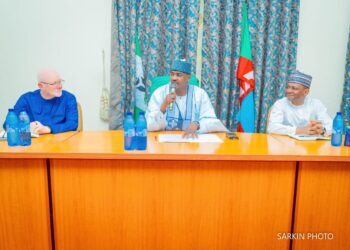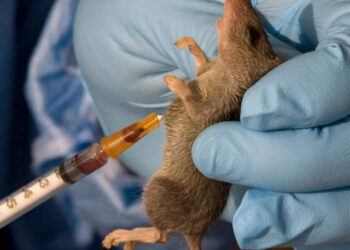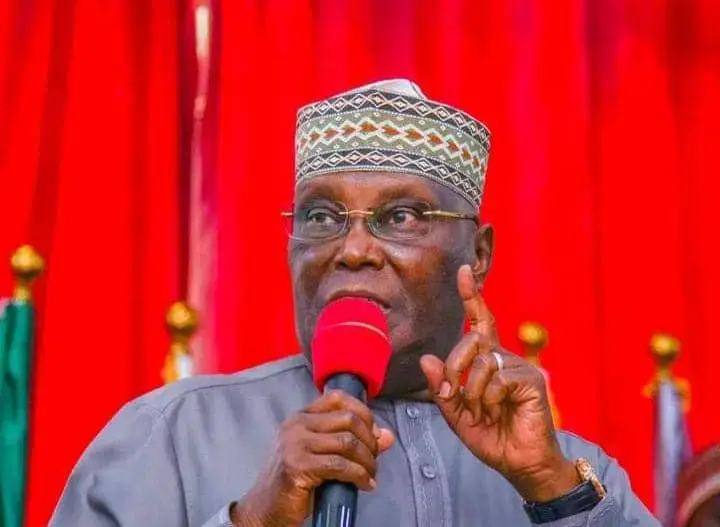No one can argue against the value of having health insurance but only some people can afford to pay the costs of an insurance premium that will entitle them to getting health insurance benefits either.
Lucky are those who are admitted to get group health insurance coverage, either through their occupations or the insurance of other family members, as they only pay a fraction of the payment or nothing at all.
However if the group insurance offered by your employer is restricted or it does not provide any insurance whatsoever, then the only choice you have is to obtain an individual insurance policy. Though, there are health insurance benefits given only to group insurance plans including affordability and extensive coverage.
Granting that individual health insurance is more pricey than a group insurance plan, you essentially have to take the bull by the horns and purchase one now for as much value as possible. For one, not purchasing a health insurance plan can be more expensive in the long term. By getting health insurance, you are actually protecting against the chance of getting injured later on and suffering medical bills in the process.
Before health insurance became common, patients had to pay for their own medical costs. Thanks to the advancement of health insurance programs, people can now rest assured knowing that in case they do get ill, they will be able to get health insurance benefits which includes:
Depending on the insurance program you sign off on, you can anticipate your health plan to cover your routine health care like yearly medical check-ups and the likes. Almost all insurance companies believe in the wisdom of preventing illnesses so they have incorporated preventive healthcare as one of the health insurance benefits.
One of the essential health insurance benefits that almost all plans give includes emergency healthcare coverage. Persons are sensitive to illnesses and this is exactly the event and the risk which you have paid your health insurance premiums for. This can include coverage for medical procedures like severe injuries.
If you have faced getting sick then you can appreciate the health insurance benefits provided by several health insurance plans when it comes to medication. One pill required for your disease may be affordable yet if you have to take it three times daily for a seven days or a month then it becomes quite costly.
It is nevertheless important to inform you that not all of these health insurance benefits are given by all health insurance plans. The health insurance benefits you purchase will in fact depend on your health insurance premiums. Usually, but not in all cases, the more costly premiums have the highest number of coverage.
It is thereby important that you look over your insurance paperwork entirely before signing the contract. Make sure that the health insurance benefits talked about with you by your agent are specified in writing. OtherwiseFind Article, you will be assuming coverage in areas that may not be paid for by your health insurance plan at all.










